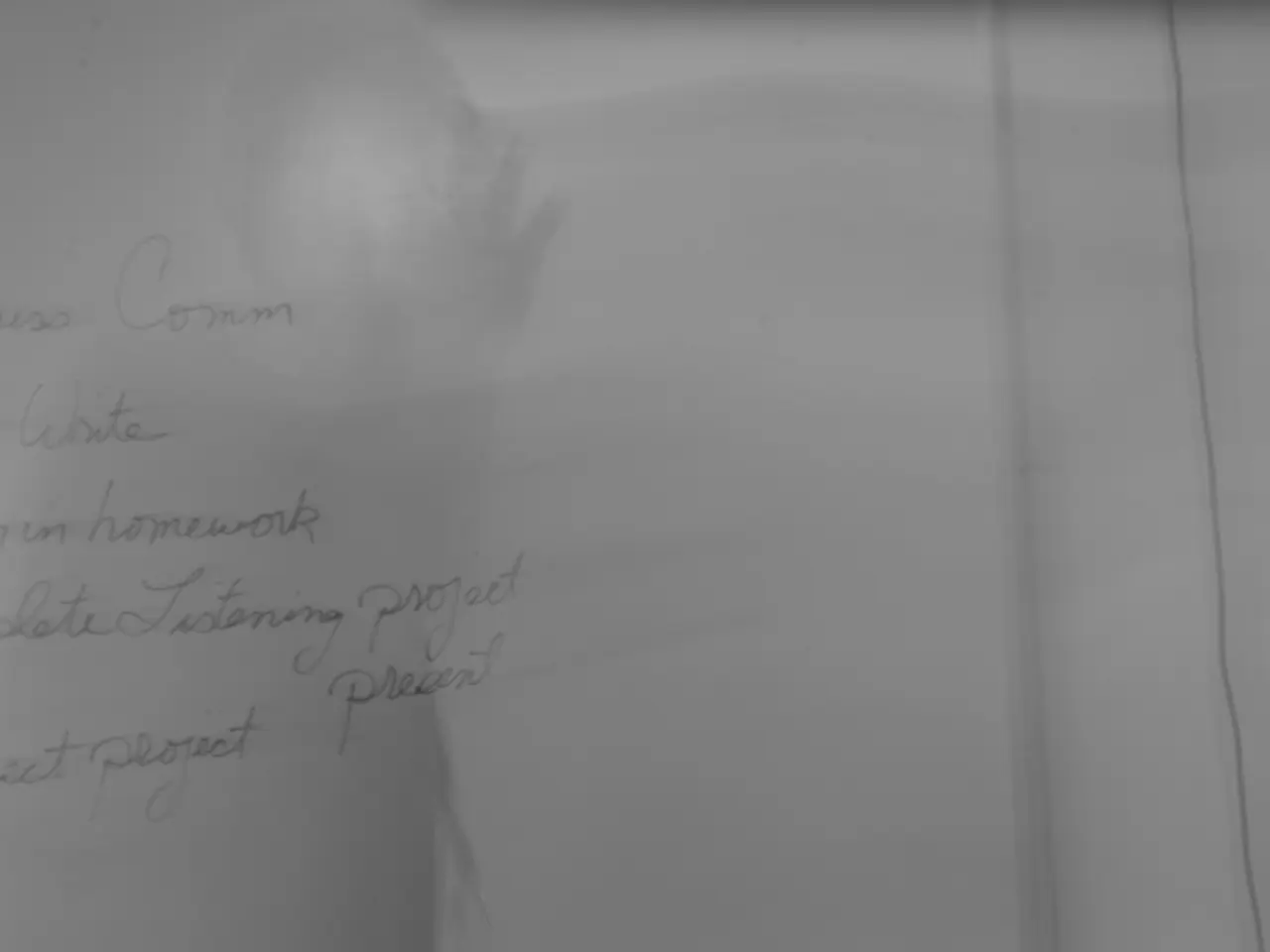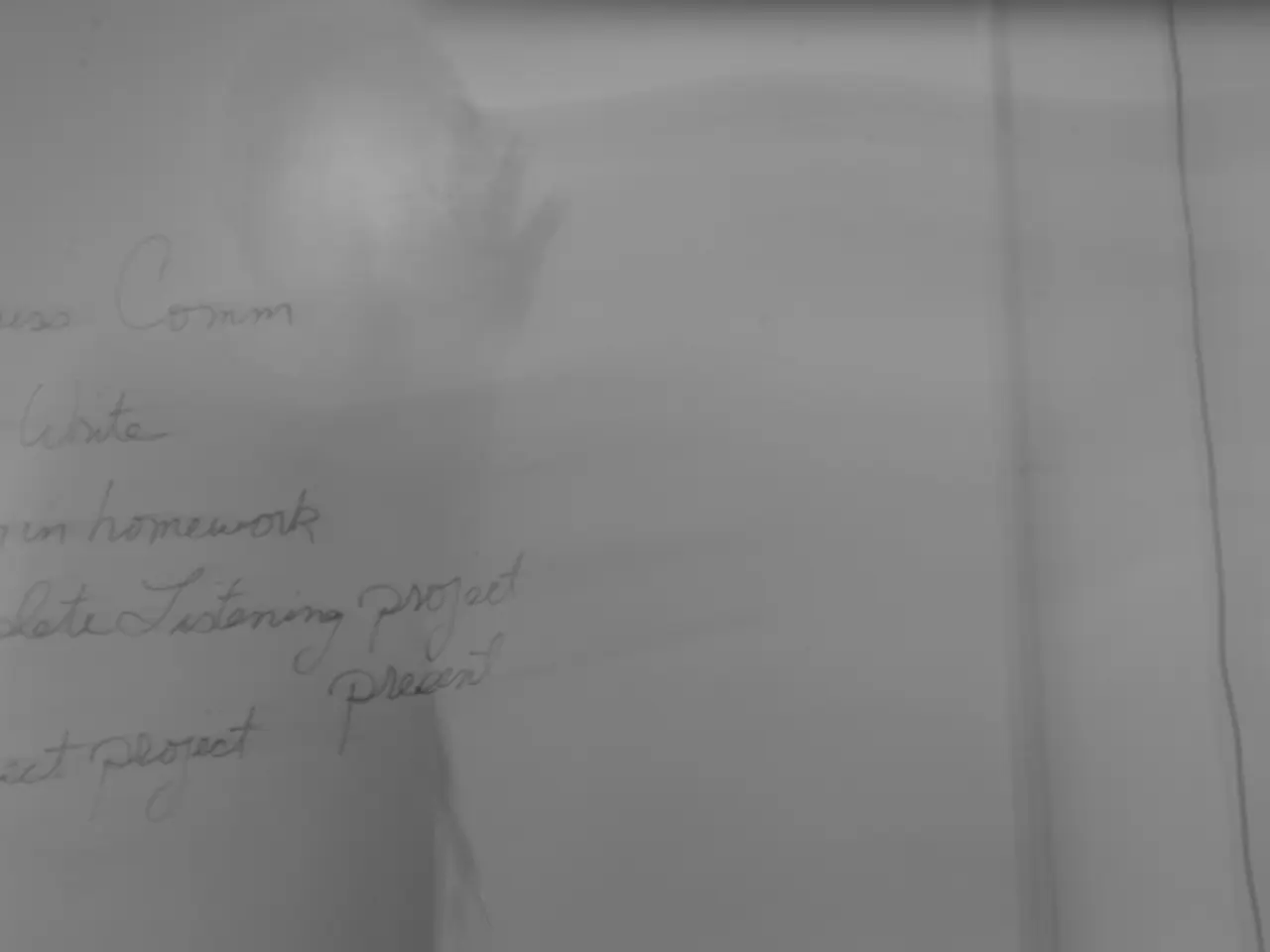Appeals Court Reverses Decision on Confidentiality in Pricey Insurance Dispute
A Fresh Take:
Title: AmTrust Wins Battle for Documents in £56 Million Insurance Dispute
Yep, you read that right – the Court of Appeal has given AmTrust Specialty an upper hand in their neck-and-neck fight with Sompo International, aka Endurance Worldwide Insurance. The appellate court has thumped down the High Court judge for prematurely devaluing documentation, crucial in a mind-boggling professional indemnity insurance tussle that's pulling in a fat £56 million!
Turns out, the judge messed up royally when they shut the door on AmTrust's quest for extended disclosure. The Court of Appeal is now urging that the judge went way too far, restricting AmTrust's argument arsenal by snubbing disclosure of their sought-after pre-contractual communications with Sompo. This shabby move by the High Court judge supposedly ignored the forthcoming five-week trial, fixed for November, where the documents are expected to play an integral role in deciphering policy terms issued by Sompo.
Let's Rehash the Background:
The drama started with a soured litigation funding scheme. Misfortune stricken participants entered loan agreements with Novitas Loans, compelled to take out after-the-event (ATE) legal expenses insurance with (you guessed it) AmTrust. The ill-fated scheme was managed through a panel of law firms, primarily Pure Legal and High Street Solicitors (HSS). Both firms have since declared bankruptcy. AmTrust alleges that the scheme's fallout springs from the law firms' questionable handling of claims or their breach of contractual and tortious duties.
Novitas, for one, is suing AmTrust for an unbelievable £56 million under a deed of indemnity for the failed claims. In response, AmTrust has slapped Sompo, the professional indemnity insurer of Pure and HSS, with Part 20 proceedings. They are looking to recover roughly £15 million in disbursements and adverse costs AmTrust has already shelled out, aiming to pass the remaining burden to Sompo. Sompo denies liability and insists the claims don't meet the standards set in their policies or are excluded under clauses 2.6(b) and 2.6(c), which bar claims arising from contractual liabilities or financial undertakings.
A major bone of contention is determining whether the alleged liabilities of the scheme solicitors to AmTrust fall within the scope of "Professional Business," as defined in the policies. With the trial looming, AmTrust sought disclosure of pre-contractual communications between Sompo and the law firms concerning their involvement in the scheme and contracts with AmTrust's agent, Composite Legal Expenses.
The Appeal:
The Court of Appeal didn't mince words in giving the High Court judge a piece of their mind, stating their approach was cocked up. The judges slammed the trial judge for applying the wrong test under CPR Practice Direction 57AD, which governs disclosure in the Business and Property Courts. They argued that the judge's approach required a premature determination of legal issues reserved for the trial judge, rather than an assessment of whether the disclosure was appropriate to ensure a fair resolution of the proceedings.
Lady Justice Asplin was especially scathing about the trial judge's decision, noting that he had essentially ended AmTrust's argument that the documents were relevant to the proper construction of the policies. "That is what the judge did," she said, "and in so doing, he barred AmTrust from being able to argue that the documents are relevant to the proper construction of the policies."
A final point of note is that the incorporation clause in the policies stated that proposals and other information supplied to Sompo "shall be incorporated into this contract." Although the effects of such clauses post-Insurance Act 2015 are still uncertain, the court held that their presence justified the disclosure sought.
The Court of Appeal concluded that the disclosure sought carried valuable, probative information and was proportionate, considering the magnitude and complexity of the case, and the imbalance between the parties. Thus, the appeal was allowed, and disclosure was ordered.
The Players:
- Amtrust: represented by Ben Elkington KC, George McDonald, and Ed Grigg of 4 New Square, instructed by DWF Law.
- Somco (Sompo International): represented by Jonathan Hough KC and Benjamin Archer, also from 4 New Square, instructed by Clyde & Co.
- The dispute between AmTrust and Sompo International over a professional indemnity insurance case, worth a substantial £56 million, is a significant matter that involves intricate business and finance issues.
- In the £56 million insurance dispute, AmTrust Specialty is engaged in a critical battle for access to documents that are vital for understanding pre-contractual communications with Sompo International, which directly impacts the outcome of their business-oriented case.




